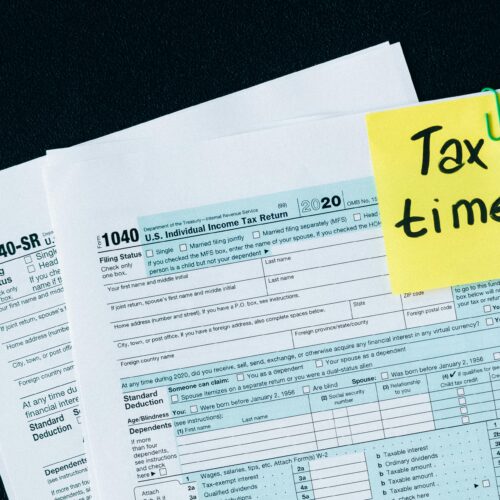If you’re anything like other homeowners, you might not have realized that there are significant tax deductions you can take for your property. For example, if your home loan was taken out after December 15, 2017, the first 750,000 dollars of the loan can have interest payments deducted on taxes.
Below are some of the most useful common tax deductions that are associated with real estate ownership.
1. Mortgage Interest
Homeowners can deduct interest paid on mortgages up to $750,000 for loans taken after December 15, 2017. This applies to your primary residence and sometimes a second home, lowering your taxable income.
2. Property Taxes
The state and local tax (SALT) deduction allows for a deduction of up to $10,000 for property taxes combined with either state and local income or sales taxes.
3. Home Office Expenses
If part of your home is used exclusively for business, you can deduct a portion of your mortgage interest, utilities, insurance, and even depreciation.
4. Depreciation for Rentals
Real estate investors can deduct depreciation on rental properties. Over time, this reduces the property’s cost for tax purposes, typically over 27.5 years for residential rentals.
5. Selling Costs
Selling your home? You can deduct costs like legal fees, agent commissions, and advertising, provided it was your principal residence for at least two of the past five years.
6. Capital Gains Exclusion
Homeowners may exclude up to $250,000 ($500,000 for married couples) of capital gains when selling a primary residence, provided ownership and use criteria are met.
7. Home Improvements
While routine repairs aren’t deductible, capital improvements like adding a new roof or upgrading windows can increase your home’s basis, reducing taxable gains when you sell.
8. Energy-Efficient Upgrades
Certain energy-efficient improvements may qualify for tax credits, further incentivizing sustainable upgrades.
9. Vacation Homes
If you rent out a vacation home, expenses proportional to the rental period are deductible. However, personal use may limit these deductions.
10. Section 1031 Exchanges
Real estate investors can defer capital gains taxes by reinvesting the proceeds from a property sale into a similar property through a 1031 exchange.
Final Thoughts
You might not have been aware that you can deduct interest payments or depreciation for your property. It might be worth consulting a tax professional if you have a complex situation regarding your real estate. Regardless, not claiming the deductions you’re entitled to is leaving money on the table, that you’re forking out every year.
